Publications
Articles, publications, books, tools and multimedia features from the U.S. Institute of Peace provide the latest news, analysis, research findings, practitioner guides and reports, all related to the conflict zones and issues that are at the center of the Institute’s work to prevent and reduce violent conflict.
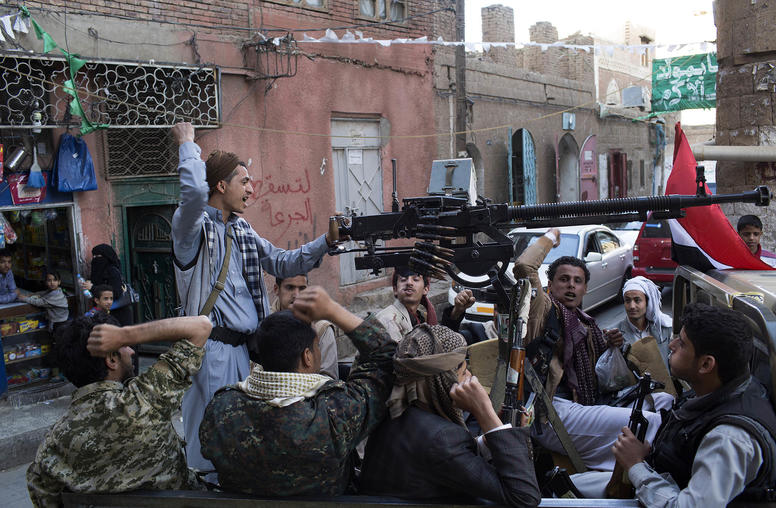
A Slippery Slope? U.S., U.K. Launch Strikes on Iran-Backed Houthis in Yemen
On January 12, the United States and the United Kingdom, supported by Australia, Bahrain, Canada and the Netherlands, launched military strikes against Houthi targets in Yemen in response to the group’s attacks on civilian and military ships in the Red Sea. The U.S.-led strikes are a significant escalation and part of the growing regional impact of the Israel-Hamas war, which the United States has been actively trying to prevent from turning into a regional war.
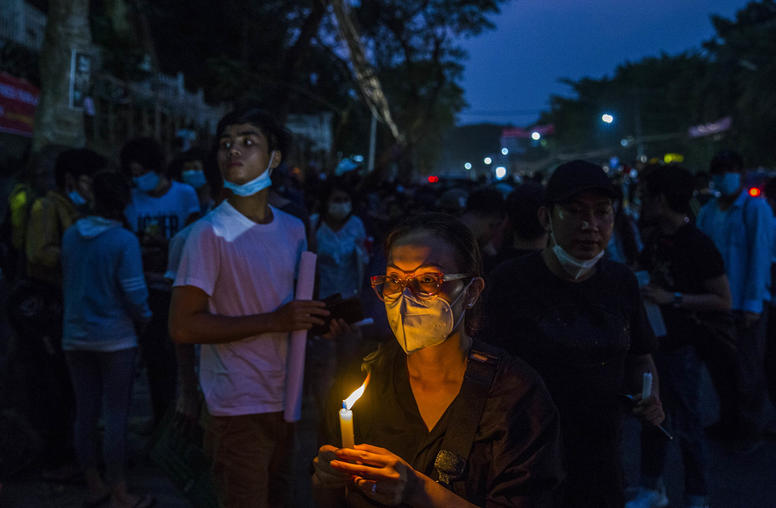
The Myanmar Army’s War Against Mental Health and Psychosocial Support
After nearly 75 years of sustained conflict, Myanmar’s population has suffered devastating and compounding intergenerational trauma. But rather than address that collective trauma, successive military governments have terrorized the country while also disinvesting from systems of mental health and psychosocial support (MHPSS).
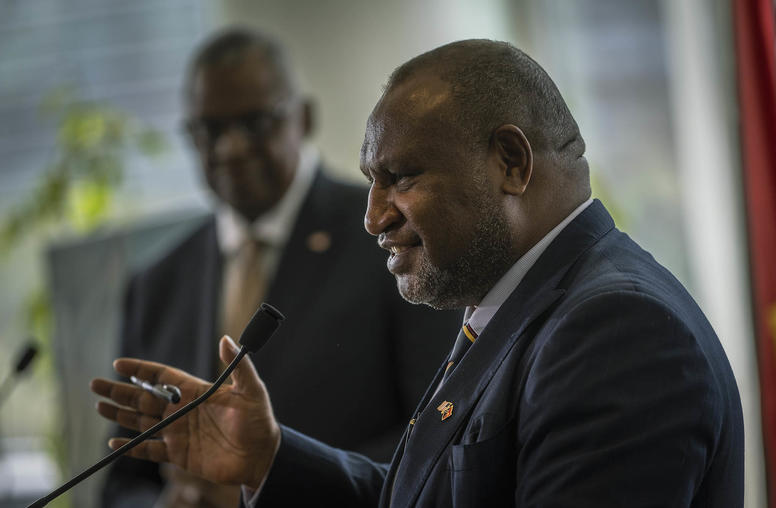
Riots in Papua New Guinea Are a Warning: Urgent Change is Needed
Riots erupted in Papua New Guinea's capital yesterday, laying bare the hollowness of governance that is failing to meet public needs, thus risking deeper violence and instability. U.S attention to the Pacific Islands' largest and most populous nation is increasing, partly because it is an arena for geopolitical competition with China. While Papua New Guinea's leaders are good at rolling out the red carpet for visiting partners, the state fails lamentably in providing basic services for its people. This week’s violence is a wake-up call for U.S and international policymakers to re-focus on this root of the country’s instability.
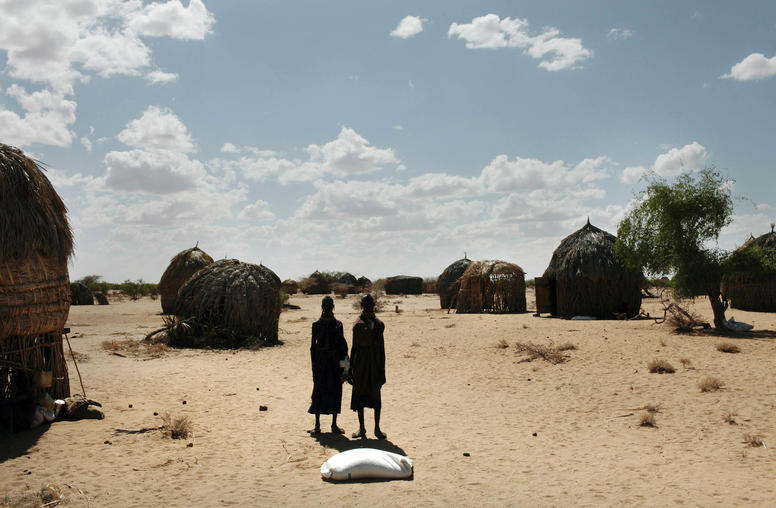
Conservation and African Rangelands: From Conflict to Coexistence?
Sub-Saharan Africa’s population will nearly double to more than 2 billion by 2050, surpassing Asia by 2070. African policymakers recognize this trend and have focused efforts on increasing economic productivity. Native rangelands — the uncultivated grasslands, shrublands, woodlands, wetlands and savannas where wild and domestic animals graze — cover 43% of the continent’s land area. But rangelands have often been perceived as undeveloped areas and centers of degradation, erosion, desertification, droughts, famine and conflict. These vast areas, and the people they support, tend to be pushed to the periphery of political agendas, allowing root causes of degradation of land and livelihoods to fester and ultimately contributing to a vicious cycle of tension and conflict.
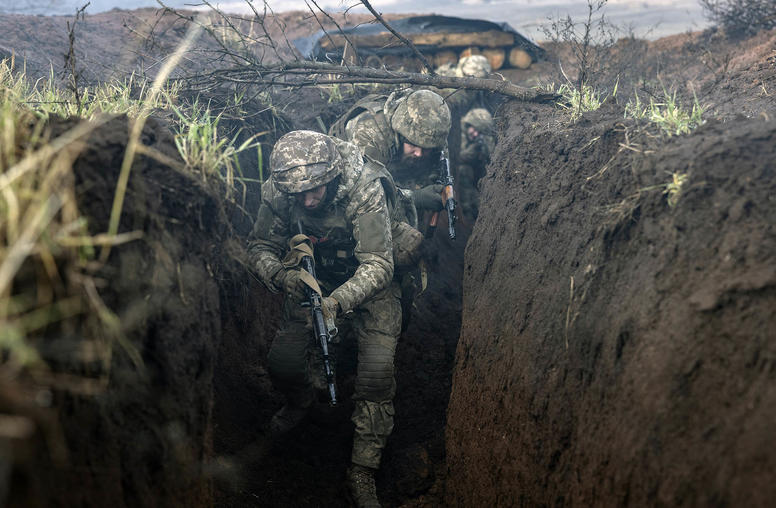
Diplomacy May Not Be As Dead As It Seems
The Ukraine war has revealed changes in warfare that may give renewed purpose and utility to diplomacy as an instrument of statecraft in the modern era.
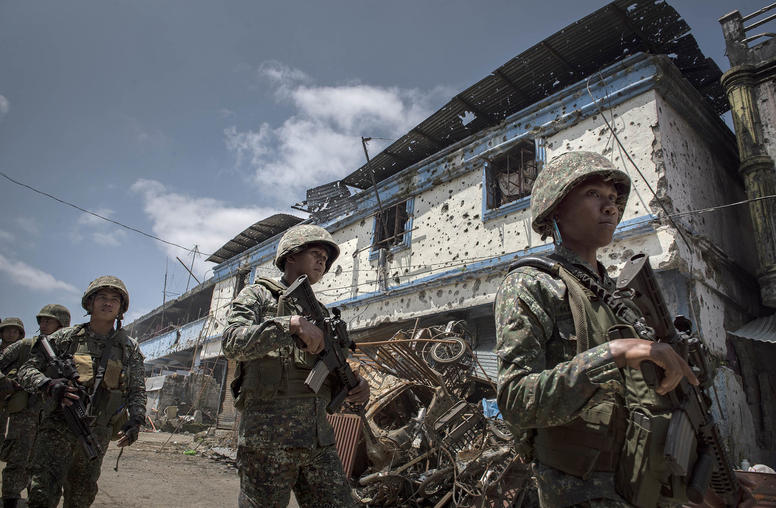
The Cascading Risks of a Resurgent Islamic State in the Philippines
On December 3, militants placed a bomb amongst parishioners gathered for Catholic Mass on the floor of the Mindanao State University (MSU) gym in Marawi City. Minutes later, it detonated killing four and injuring dozens. The Islamic State (ISIS) claimed that its East Asia affiliate was responsible for the attack. After a year of heavy losses, many had hoped that the threat posed by pro-ISIS groups was dissipating. Unfortunately, the violence that has characterized the six weeks since the bombing suggests that the Islamic State East Asia (ISEA) is attempting a resurgence timed for a critical 16-month period for the Philippines. The stakes are very high.
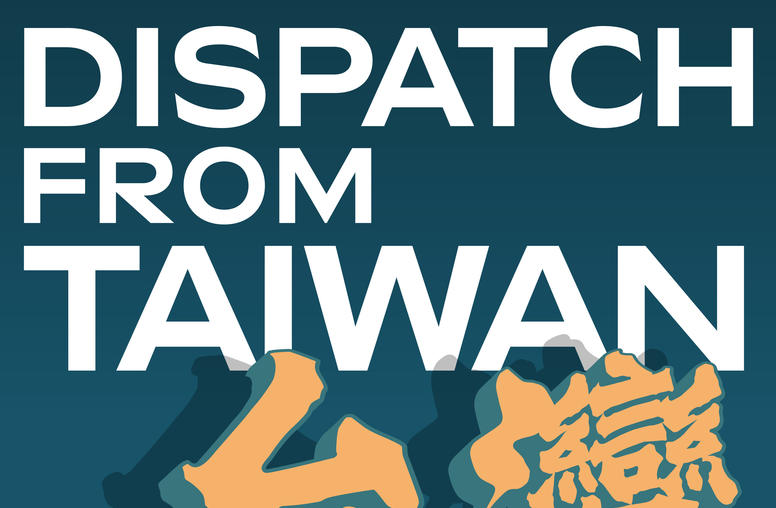
Defense: Rising Awareness and Preparation
Taiwan elects a new president on January 13, 2024. Peace across the Taiwan Strait is on people’s minds, but where the candidates and their political parties differ is how to maintain it. All three presidential candidates have indicated they would continue Taiwan’s current foreign policies, though they have different views of what shape relations with China and with the United States should take, as well as different priorities for Taiwan’s defense preparedness.

Andrew Scobell on Taiwan’s Elections
The United States and China are watching closely as Taiwan prepares for elections on January 13. But while the stakes are high, USIP’s Andrew Scobell says there is a relative consensus among candidates regarding Taiwan’s foreign policy: “Whoever wins the election, we’re likely to see much more continuity than change.”

Is the Middle East on the Verge of a Wider War?
Three months after the Hamas terror attack on Israel, reverberations from the ensuing conflict in Gaza threaten to engulf the region in a wider war.
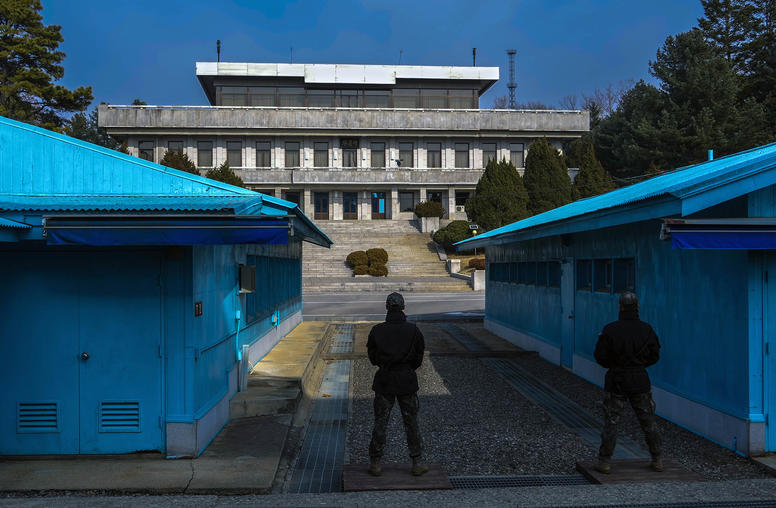
Exploring Peaceful Coexistence with North Korea
The United States and North Korea coexist today in an antagonistic, high-risk stalemate. The Kim Jong Un government, feeling besieged by a “hostile” U.S. policy and fearing the potential for regime change, has centered its national defense strategy on strengthening deterrence through nuclear weapons. Facing this intractable nuclear threat, the Biden administration has reinforced a coercive, pressure-based approach that relies on diplomatic isolation, military deterrence and economic sanctions to contain, if not change, North Korea’s defiant behavior.